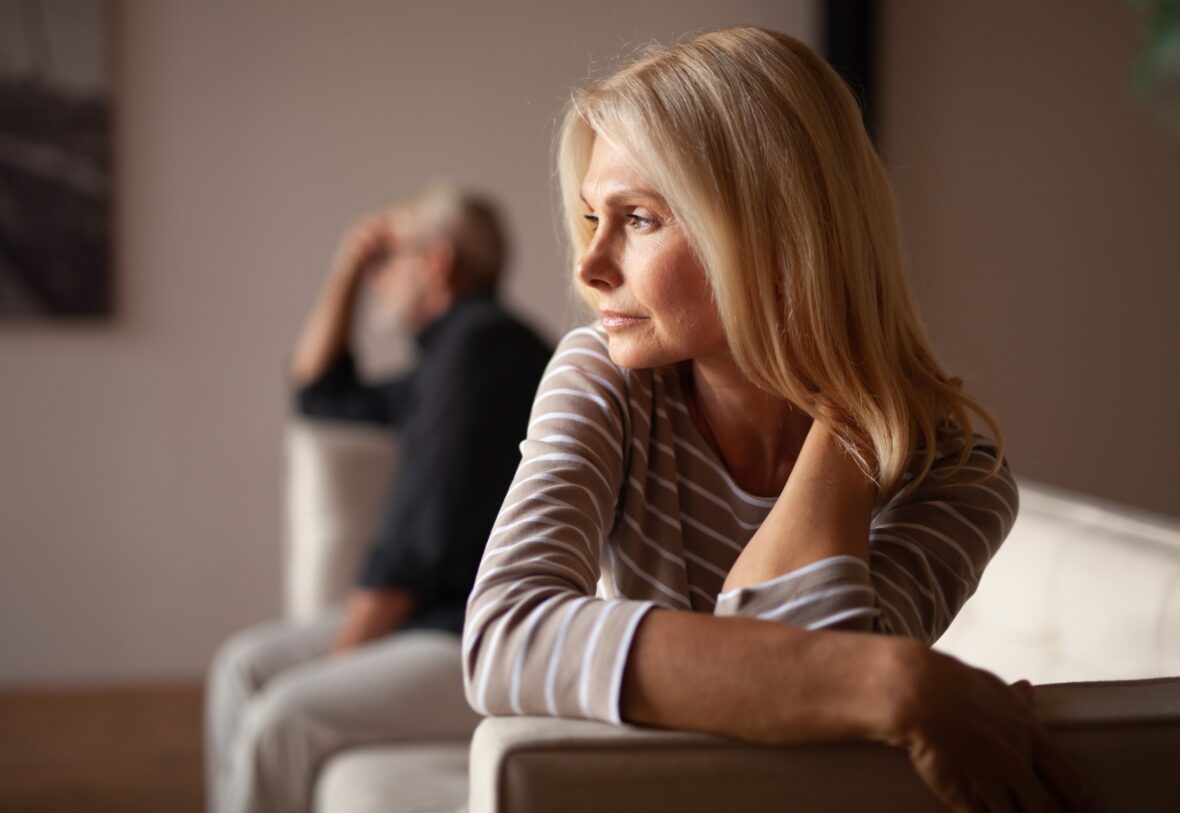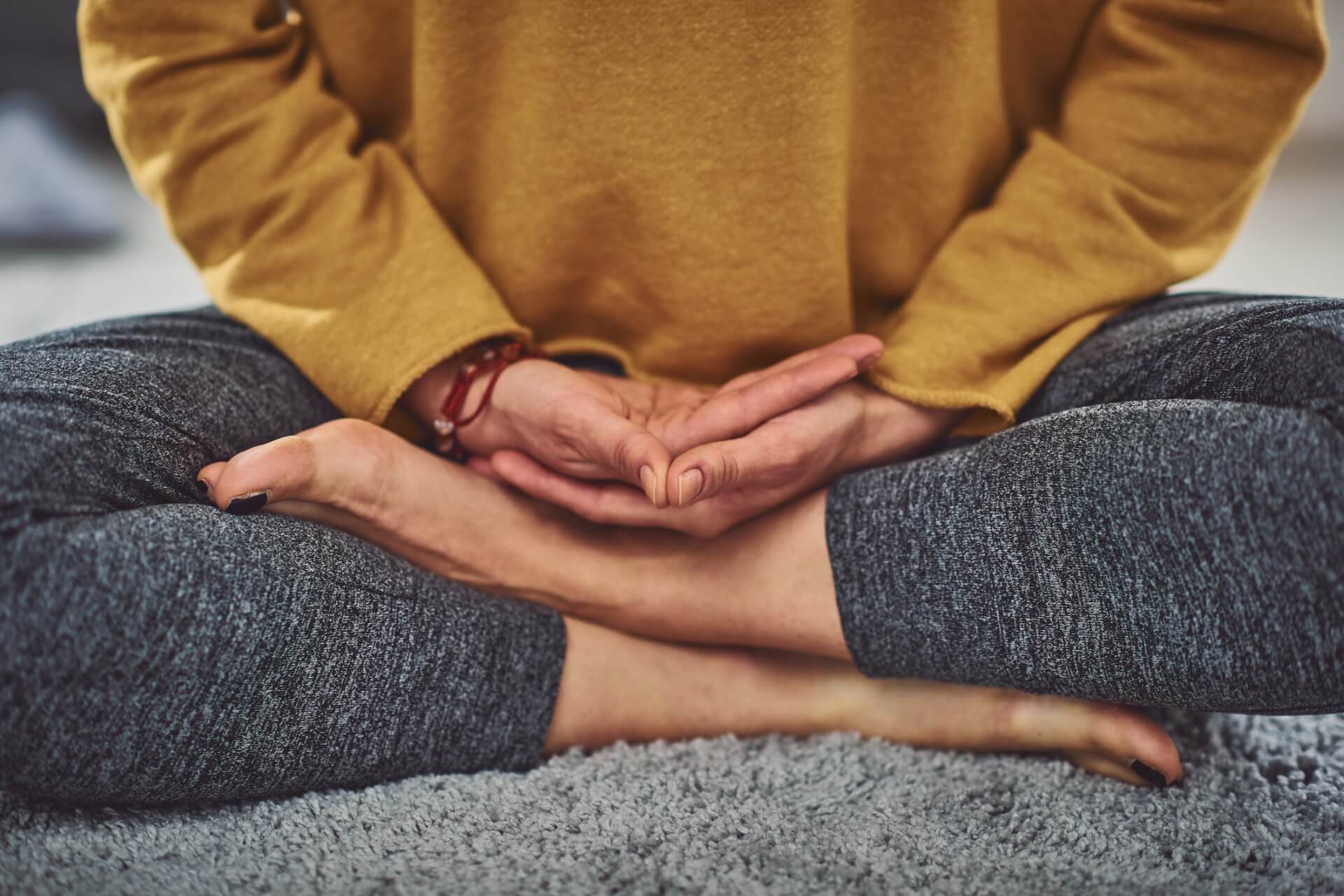Depression Symptoms in Men vs. Women
Although everyone may feel sad now and then, there is a key difference between fluctuating emotions and depression. Depression is a serious mental illness that can profoundly affect both men and women. This condition is different from feelings of sadness in that it can significantly impact your daily functions and is often accompanied by physical symptoms, like headaches, body aches, or an upset stomach. You may even have some difficulty with concentration or making important decisions.

Types of Depression
There are several types of depression that may affect men and women, such as:
Major Depressive Disorder
Major depressive disorder is characterized by persistent feelings of sadness and a loss of interest in activities you used to enjoy. You may also experience fatigue, changes in appetite, and problems sleeping. Currently, this condition is the third cause of disease worldwide and is the most common type of depression.
Psychotic Depression
Psychotic depression encompasses periods of psychosis, meaning the patient also experiences hallucinations or delusions, which can make it difficult to differentiate reality from fantasy. Other symptoms of psychosis may include:
- Paranoia
- Disorganized thoughts and speech
- Agitation
- Confusion
Postpartum Depression
Postpartum depression is a type of depression that affects new mothers. It usually occurs within the first year after childbirth due to the rapid drop in estrogen and progesterone levels. This condition is characterized by feelings of hopelessness, exhaustion, and sadness and can interfere with your ability to take care of yourself and bond with your baby.
Seasonal Affective Disorder
Seasonal affective disorder (SAD) is a condition that occurs during certain seasons of the year, usually winter. SAD is believed to be caused by changes in sunlight and temperature, which can impact your mood and energy levels. People with SAD may experience symptoms such as:
- Fatigue
- Decreased energy
- Problems sleeping
- Social withdrawal
- Feelings of despair
The symptoms often get worse as the season progresses and improve when the season ends.
How Depression Affects Men and Women
There are a few distinct differences between depression in men and women. For starters, women are more likely to experience major depression in their lifetime than men. Many factors that solely affect women may play a role in the higher prevalence, such as:
- Infertility
- Societal expectations
- Hormonal birth controls
- Menopause
- Premenstrual syndrome
- Childbirth
In contrast, depression in men is often triggered by genetic factors, environmental stress, or illness.
Gender-specific Depression Symptoms
There are also some gender-specific symptoms of depression.
Men are more likely to experience:
- Irritability and restlessness
- Anger and aggression
- Memory problems
- Self-isolation from friends and family
- Heart palpitations
- Impulsive and risky behaviors
- Drug and alcohol abuse
- Difficulty concentrating
- Low testosterone
- Sexual dysfunction issues
- Violence
In contrast, women are more prone to experience:
- Guilt and shame
- Fatigue and headaches
- Internalized feelings
- Worthlessness and hopelessness
- Stress and anxiety
- Changes in appetite and sleep
- Self-criticism
- Mood swings
- Weight gain
Depression Treatment for Men and Women at Mile High Psychiatry
At Mile High Psychiatry, we utilize a combination of therapies and medication management to treat depression in men and women. If you or a loved one are struggling with depression, don’t suffer alone. Contact Mile High Psychiatry to learn more about how we treat depression and begin your own treatment journey.



